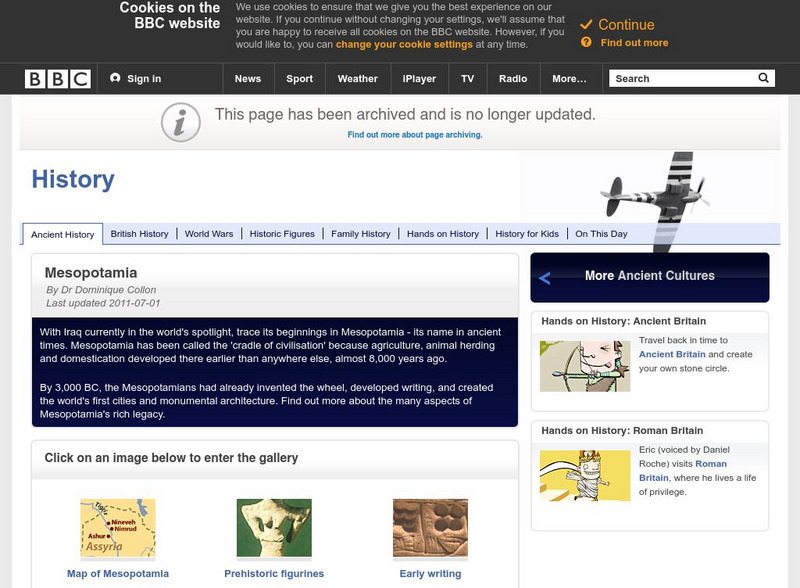Hi, what do you want to do?
Curated OER
Rockin? Chalk (Integrating science - make own chalk)
Young scholars use plaster of Paris, talc, and cornstarch to create their own chalk. They hypothesize what mixture of ingredients produce the "best" chalk. Students discuss what they think are the characteristics of the "best" chalk.
Curated OER
Texas Treasures
Students explore the meanings of the word "treasure," and examine the use of clay in the construction of buildings in San Antonio, Texas. They examine clay artifacts, and watch a video about pottery artist, Harding Black. Students then...
Curated OER
Inference By Analogy
Students infer the use or meaning of items recovered from a North Carolina Native American site based on 17th-century European settlers' accounts and illustration.
Incredible Art Department
The Incredible Art Department: Art Periods and Styles
A large collection of resource links here for a wide range of art periods and styles from ancient times to the modern day.
National Endowment for the Humanities
Neh: Edsit Ement: Cave Art Discovering Prehistoric Humans
By studying cave paintings, students learn about prehistoric cultures and the stories and ideas they wished to communicate to others through art. The lesson plan presented on this website aims to show young students the significance of...
Khan Academy
Khan Academy: Art History: Paleolithic Origins
Article and video discussing various forms of art from the Paleolithic period, particularly cave art. [5:48] With links to additional information.
Metropolitan Museum of Art
Metropolitan Museum of Art: Greek Art Prehistoric to Classical: Ed Resource
Lengthy illustrated publication (256 pages) serves to ground readers in ancient Greek art and culture, beginning with the earliest point in Greek history through the classical period. Using examples found in its vast collections, the...
Smart History
Smarthistory: Paleolithic Art, an Introduction
Art history and culture website introduces us to the Paleolithic art found in the caves of France. With links to additional resources.
Then Again
Then Again: Web Chron: World History Chronology: Altamira Cave Paintings
An article on the prehistoric cave paintings in Altamira, Spain. Notes the differences between these paintings and other paleolithic cave art.
Khan Academy
Khan Academy: Art History: Catal Hoyuk
Article discussing the importance of Catal Hoyuk in Turkey for understanding the beginning of art during the Neolithic period.
Khan Academy
Khan Academy: A Brief History of Western Culture
History is divided into time periods in order to better understand the culture and characteristics of that time. Read a brief description of the art and culture of historical time periods in this introductory article.
Khan Academy
Khan Academy: Arts and Humanities: Art History: Prehistoric Art
Paleolithic and Neolithic art. Should be cross-checked against videos and smarthistory.org.
American Geosciences Institute
American Geosciences Institute: Earth Science Week: Rock Art in the National Parks
Students learn the importance of protecting pictographs as part of their geologic heritage by making their own paint using natural ingredients to create art.
Khan Academy
Khan Academy: Origins of Rock Art in Africa
Personal ornamentation and engraved designs are the earliest evidence of art in Africa and are inextricably tied up with the development of human cognition. View pictures and read about prehistoric art in Africa.
Khan Academy
Khan Academy: Rock Art in North Africa
Algeria hosts a rich rock art concentration. The most renowned of all these areas is the Tassili n'Ajjer described as "forests of stone". View pictures and read a brief history of rock art in Africa.
A&E Television
History.com: What Prehistoric Cave Paintings Reveal About Early Human Life
Some of the oldest known art may hint at the beginning of language development, while later examples portray narratives with human and animal figures. What does the oldest known art in the world tell us about the people who created it?...
Other
The Cave of Chauvet Pont D' Arc
The only way to see the prehistoric cave paintings at Chauvet-Pont-D' Arc, France is to take the virtual tour offered here. Learn about the discovery of the caves and the archaeological evidence found that allows great insight into the...
Khan Academy
Khan Academy: Apollo 11 Stones
The Apollo 11 Stones remain the oldest examples of figurative art from the African continent. Their discovery contributes to our conception of early humanity's creative attempts, before the invention of formal writing, to express their...
Khan Academy
Khan Academy: Running Horned Woman, Tassili N'ajjer
Who was the Running Horned Woman? For so long the search for meaning in rock art was considered impossible-only recently have scholars endeavored to move beyond the mere description of images and styles using a variety of...
Khan Academy
Khan Academy: Art History: Jericho
Article discussing the long history of the city of Jericho and some of the extraordinary archaeological discoveries made there since the nineteenth century. Includes links to additional information and images.
Lyceum Books
Lyceum Books: The Land and Peoples of Early Britain [Pdf]
Full text of the first chapter from a multivolume work on the history of the British people describes the land and people of prehistoric Britain. Includes information on the kinds of functional and decorative artwork they created, with...
BBC
Bbc: Ancient History in Depth: Mesopotamia
A look at many aspects of the Mesopotamian culture. Click through the slide show to see the image and additional information and resources. A good overview of the contributions of an early civilization. Archived.
Khan Academy
Khan Academy: Key Points for Studying Global Prehistory
This is a handy study guide for key points about prehistoric times, specifically art during this period. Includes definitions and a specific details about each continent during this period.
Khan Academy
Khan Academy: Camelid Sacrum in the Shape of a Canine
This fascinating and unique prehistoric sculpture of a dog-like animal was discovered accidentally in 1870 in Tequixquiac, Mexicocan. Anthropologists are not certain of this object's original meaning for either the artist or the people...










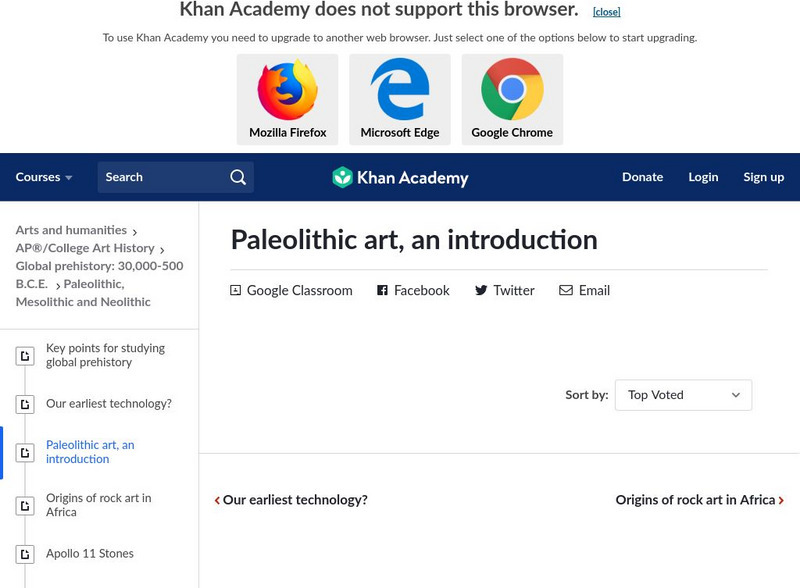

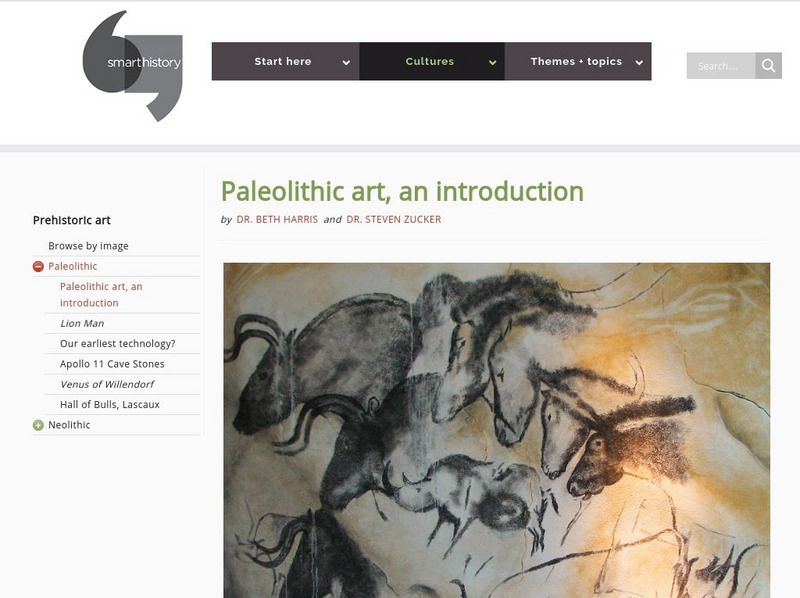
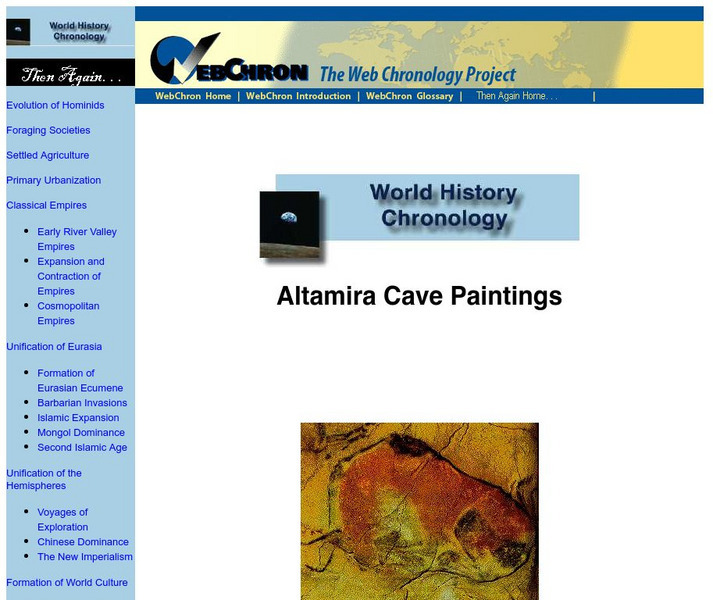



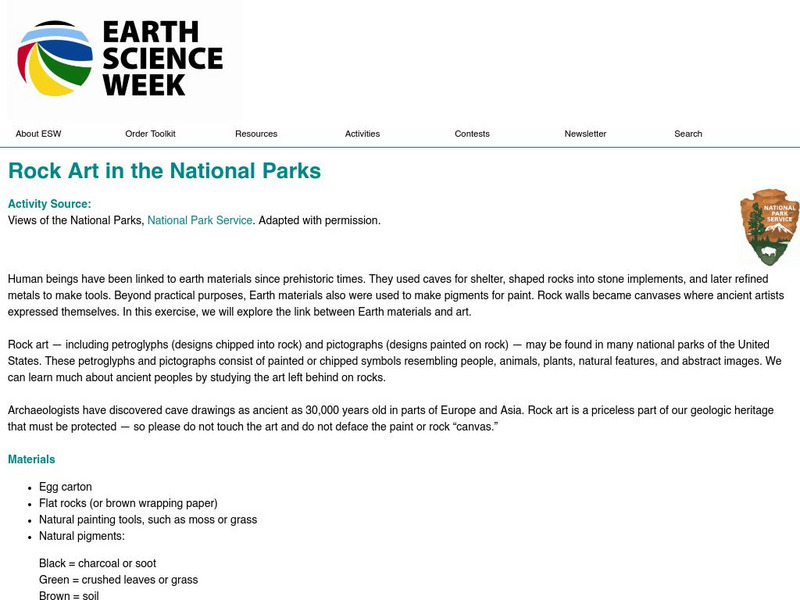






![Lyceum Books: The Land and Peoples of Early Britain [Pdf] eBook Lyceum Books: The Land and Peoples of Early Britain [Pdf] eBook](https://content.lessonplanet.com/knovation/original/772690-544335b51d9e966d51ef2450744c2094.jpg?1661492110)
